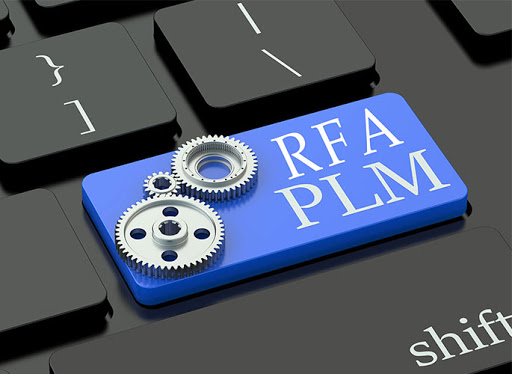Are RFA companies going “Out of Fashion” without technology?
I attended “Indian Fashion Forum 2017” in Mumbai, a platform specifically for Retail, Footwear & Apparel industry. It was a great experience to participate in IFF 2017 and interact with well known industry experts, analysts, CEO’s. This definitely provided me with insights into around the industry and knowledge of how technology is perceived lately by the Industry. One such session in the event was about Customer experience – How private label, store brands & retailers are be able to provide a great experience to their Customers by leveraging new technology.
Today Retail, Footwear & Apparel (RFA) industry is under pressure to deliver trending and innovative products to market faster. In most of the companies, the new product development processes are organized and managed using multiple applications like excel spreadsheets, email & homegrown legacy systems. The impact of using these discrete systems will be visible to leadership only when they see a drop in margin, increase in development costs, increase in sample costs etc.
Different people within organization are involved in the product development starting from designers, merchandiser, sourcing team, sampling team & production team. In most cases, the team is spread across different location to create a product. So this missing collaboration between cross-functional team within the company would lead to delay in product development, the incorrect sample being made, delay in decision making etc.
It’s important for the organization to think how much time they take to launch the product from design to store & invest in the right system/technologies to address above problems. Companies need to focus on improving product development process & enabling seamless collaboration between cross-functional teams.
Product Lifecycle Management (PLM) tool helps RFA companies in streamlining all product development processes and enabling seam collaboration between different stakeholders. We have seen different case studies who have benefitted by using such systems.
It helps you well before from concepts, designs, merchandising, track product development changes, track milestones, Calendar management, product costing, season management, managing supply chain globally etc. It also leverages latest innovation of IoT & Augmented Reality which helps fashion brands and retailer overcome different challenges and meets the objectives.
Overseas companies like Zara, H&M, Nike, Adidas, Target, Decathlon, Skechers, Brooks Brothers have invested in streamlining the product development process by adopting to PLM. We are working with companies from India & have seen companies investing in PLM to improve overall process of product development but still lot of groundwork need to be done for companies while adapting to PLM. Companies from India are more aware of ERP which covers operational, administrative & financial processes and does not support product development processes. They have heavily invested in implementing such application which supports non product development processes.
I think RFA companies should first consider implementing PLM because the nature of the RFA industry where cross-functional teams are dependent on each other, is more sensitive to trends & seasons. It’s important for companies to streamline entire product development processes and enable internal team with right technology rather than implementing ERP for operational and administrative support. So implementing such system to reduce product lead time & hit the store in time, well before the season & reach your product in the hand of the customer in time give overall satisfaction to company & good customer experience.
So question to RFA companies & experts :
Are companies ready to invest in such system to improve product development?
What challenges do companies face while considering PLM system?
Is it User adoption?Are Indian brands are lagging behind other international brands for PLM adoption?
At the end “Technology is a Just enabler”. Thought well received at the event.

